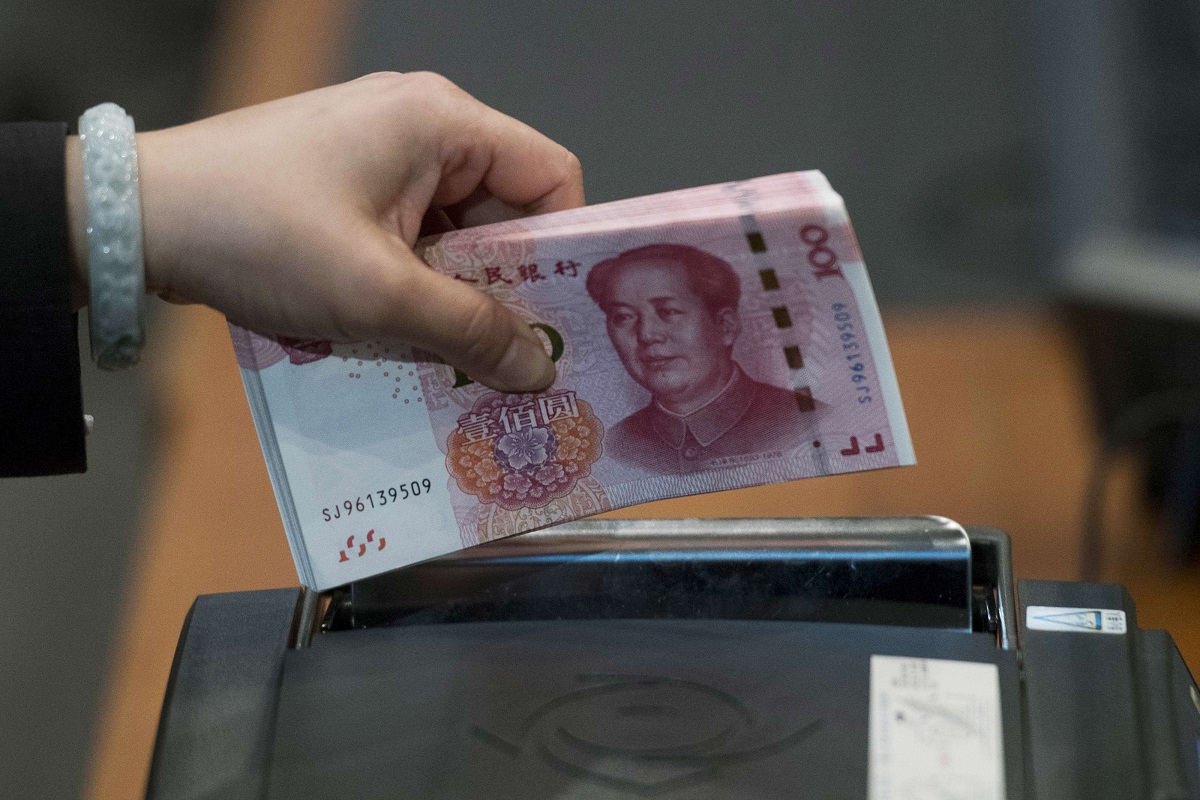- ‘Currency Swap Deal With China’ll Expand BDCs’ Capacity’
The President of the Association of Bureaux De Change Operators of Nigeria, Alhaji Aminu Gwadabe, has said the currency swap deal between Nigeria and China will expand BDCs’ capacity to handle new business transactions in Chinese currency.
The CBN, in May, signed the agreement with the People’s Bank of China to facilitate trade between the two countries and enhance foreign reserve management, making Nigeria the third country in Africa (after South Africa and Egypt) to sign such a deal with China.
The PBoC-CBN Bilateral Currency Swap Agreement will allow the two countries to swap a total of 15 billion renminbi for N720bn, or vice versa, in the next three years. The deal can be extended by mutual consent.
Gwadabe was quoted in a statement as saying the naira would benefit hugely from the deal, given the rising influence of Chinese yuan in the international market.
He noted that the currency swap deal was part of the CBN’s plan to keep the naira stable and protect the foreign reserves domiciled in dollars.
He said the deal would provide adequate local currency liquidity for Nigerian and Chinese industrialists.
“A stable and strong naira is good for the economy and operators,” the ABCON boss said, adding that increased use of yuan in trade deals would also open a new business opportunity for BDC operators.
According to Gwadabe, ABCON will continually support the CBN in achieving its exchange rate stability mandate and promoting economic growth through increased global partnerships and collaborations.
He noted that the swap deal would smoothen bilateral trade, boost investment, and protect the financial markets in both countries as well as cut dollar demand by Nigerian entrepreneurs importing from China.
According to him, China has remained Nigeria’s largest trade partner over the last five years, with imports from China standing at over 20 per cent of Nigeria’s total imports.
Gwadabe, therefore, said to achieve the full gains of the deal, Nigeria should take steps to boost its trade balance with China by raising the quality of its local products to make them more attractive and acceptable to the Chinese people.
He said the deal would “reduce currency transaction cost for importers that go for yuan while also easing foreign exchange liquidity pressures in periods of rate volatility and/or scarcity for Nigeria.
“The deal will expand the BDCs capacity to handle new business transactions in Yuan. Besides, BDCs in both countries will have their transaction base expanded, including new opportunity to transact higher volume of naira/yuan in the export/import of equipment, raw materials and finished goods.”
The ABCON boss also urged the CBN to consider adding yuan to dollar disbursement to BDCs to enable them to meet the critical needs of their clients travelling to China for personal and business purposes.
He stated that if implemented, such move would further deepen the interest in purchasing yuan and reduce dollar demand.


 Forex3 weeks ago
Forex3 weeks ago


 Naira2 weeks ago
Naira2 weeks ago
 Billionaire Watch2 weeks ago
Billionaire Watch2 weeks ago




 Naira2 weeks ago
Naira2 weeks ago




 Naira2 weeks ago
Naira2 weeks ago




 Naira1 week ago
Naira1 week ago




 Naira4 weeks ago
Naira4 weeks ago




 Naira3 weeks ago
Naira3 weeks ago





















